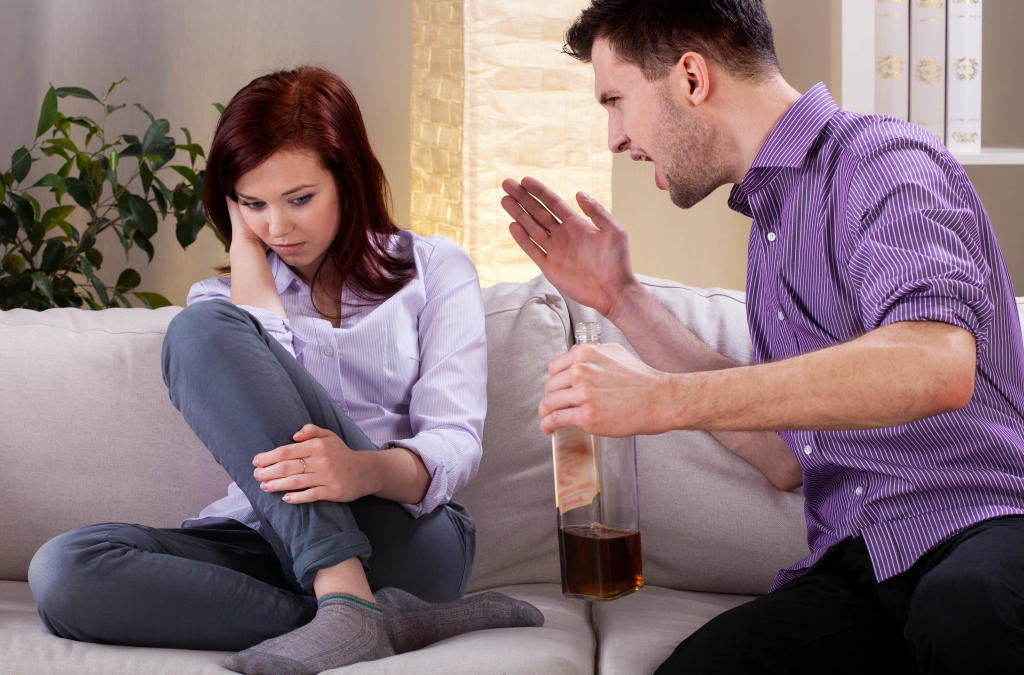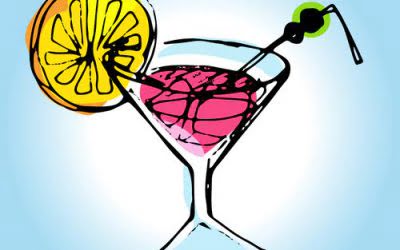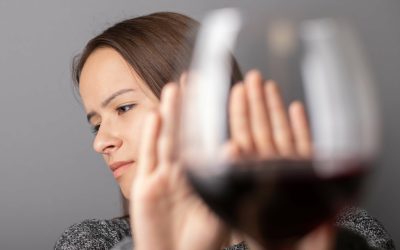You can also use positive affirmations, distractions, or breathwork to move through a panic attack. Depending upon the severity and underlying causes of your panic attacks, you might also work with a healthcare professional to determine if you could benefit from prescription medications or talk therapy. Learning that you can cope with a panic attack without drinking is empowering, and your body will learn how to relax without alcohol coursing through your bloodstream.
To shed light on the potential role of social anxiety in addiction treatment, Book and colleagues (2009) compared participants in an intensive outpatient program with high and low social anxiety on attitudes toward treatment activities. Members of the group with high social anxiety, who predominantly were female (71 percent), overall showed less treatment participation than did members of the comparison group. For example, they were less likely to speak up in group therapy, attend a 12-step meeting, or seek sponsorship within a 12-step group. In contrast, no differences in relapse rates were found among the men with or without social phobia in the study. Interestingly, socially phobic women were less likely than women without social phobia to obtain an Alcoholics Anonymous sponsor, which may help explain the poor outcomes for TSF among this subgroup. Drinking heavy amounts of alcohol regularly can also cause your body to become dependent upon the chemical reaction that occurs in your brain.
Find Alcohol Abuse And Anxiety Treatment At Bedrock Recovery Center
These symptoms can completely overwhelm a person and cripple to the point where performing simple daily task presents a problem. It has to do a lot with how we process our surroundings and how it influences our emotions. Although there is no evident source for anxiety, these symptoms are interpreted by the brain as stress and worry due to biofeedback.

Eventually, dependence needs more of a substance to get the same effects. If you are concerned that you or someone you care about has a problem with alcohol there is a lot of help available. Here you can find useful links and phone numbers to get the support you need. Specific support is also available if you need help with your drinking. They can be frightening, but they’re not dangerous and shouldn’t harm you.
Long-Term Effects of Alcohol on the Brain
The common-factor model of comorbid anxiety and AUDs presumes that no direct causal relationship exists between the two disorders. Instead, so-called third variables are posited to account for their joint presence. The potential relevance of such factors was demonstrated in a 21-year longitudinal study of young people (Goodwin et al. 2004), in which early presence of anxiety disorders seemed to predict the later development of alcohol dependence. However, when the investigators controlled for other variables, such as prior other drug dependence and depression, the presence of anxiety disorders no longer was a significant predictor. The results of this study suggest that the link between anxiety and AUDs was not direct but instead may have been a consequence of those other variables studied. The potential range of common factors can be difficult to estimate, but a review of the literature shows that the most consistently proposed third variables are genetic factors and personality traits such as anxiety sensitivity.

If you notice that you feel emotional symptoms after quitting alcohol, then it is also important to address how you feel. Talking to someone at our 24-hour recovery hotline at Alcohol Awareness can help you identify ways to ease your mental Goodbye Letter to Addiction Template Download Printable PDF health symptoms as you adjust to life in recovery. The physical symptoms of alcohol cessation include headaches, nausea and a loss of appetite. Some people also experience sweating, a rapid heart rate, tremors, and panic attacks.
Frequently Asked Questions Regarding the Mental Effects of Alcohol Use
Information derived from clinical samples, although enlightening in its own right, produces inflated approximations of the prevalence of comorbidity (Kushner et al. 2008; Regier et al. 1990; Ross 1995). To avoid this bias, epidemiological data drawn from large-scale community samples can provide the most informative figures. Therefore, a person needs to know how to stop anxiety after drinking alcohol. There is a wide range of treatment options available that can help people deal with stress and panic attacks in a healthy, abuse-free way. Group therapies and consultations in alcohol rehab facilities work well.

And depression is affected by alcohol too – find out more on our alcohol and depression webpage. This page explains more about anxiety, why alcohol can trigger it or make it worse, and steps you can take to feel better. Chemical dependency specialist Joseph Janesz, PhD, LICDC, says there are various ways that anxiety and alcohol are linked, so it’s important to understand how alcohol affects not only your body, but also your mind. Up to one third of people will experience at least one panic attack in their lives, according to clinical psychiatrist Cindy Aaronson. They usually start when people are in their twenties but can also happen to teenagers. Suddenly decreasing or stopping your alcohol intake can cause your body to go into withdrawal, potentially leading to a number of dangerous symptoms including hallucinations, dehydration and seizures.
That’s why drinking can help you feel relaxed in the short-term, especially in social situations. Additionally, alcohol affects neurotransmitter levels in the brain—the chemical messengers responsible for how we think, feel, and behave. Over time, these changes can make it harder for you to relax when you aren’t drinking and may lead to persistent worries, intrusive thoughts, and other anxiety symptoms. “Hangxiety” describes the regret, worry, and levels of anxiety felt after a night of heavy drinking. While the term may be informal, the science isn’t—there’s plenty of data to explain this experience.
Unfortunately, using alcohol to reduce your level of anxiety creates a vicious cycle that will only make things worse. The information contained on this page and in any third party websites referred to on this page is not intended nor implied to be a substitute for professional medical https://trading-market.org/alcoholic-narcissist-how-the-two-conditions-are/ advice nor is it intended to be for medical diagnosis or treatment. Third party websites are not owned or controlled by Bupa and any individual may be able to access and post messages on them. Bupa is not responsible for the content or availability of these third party websites.





